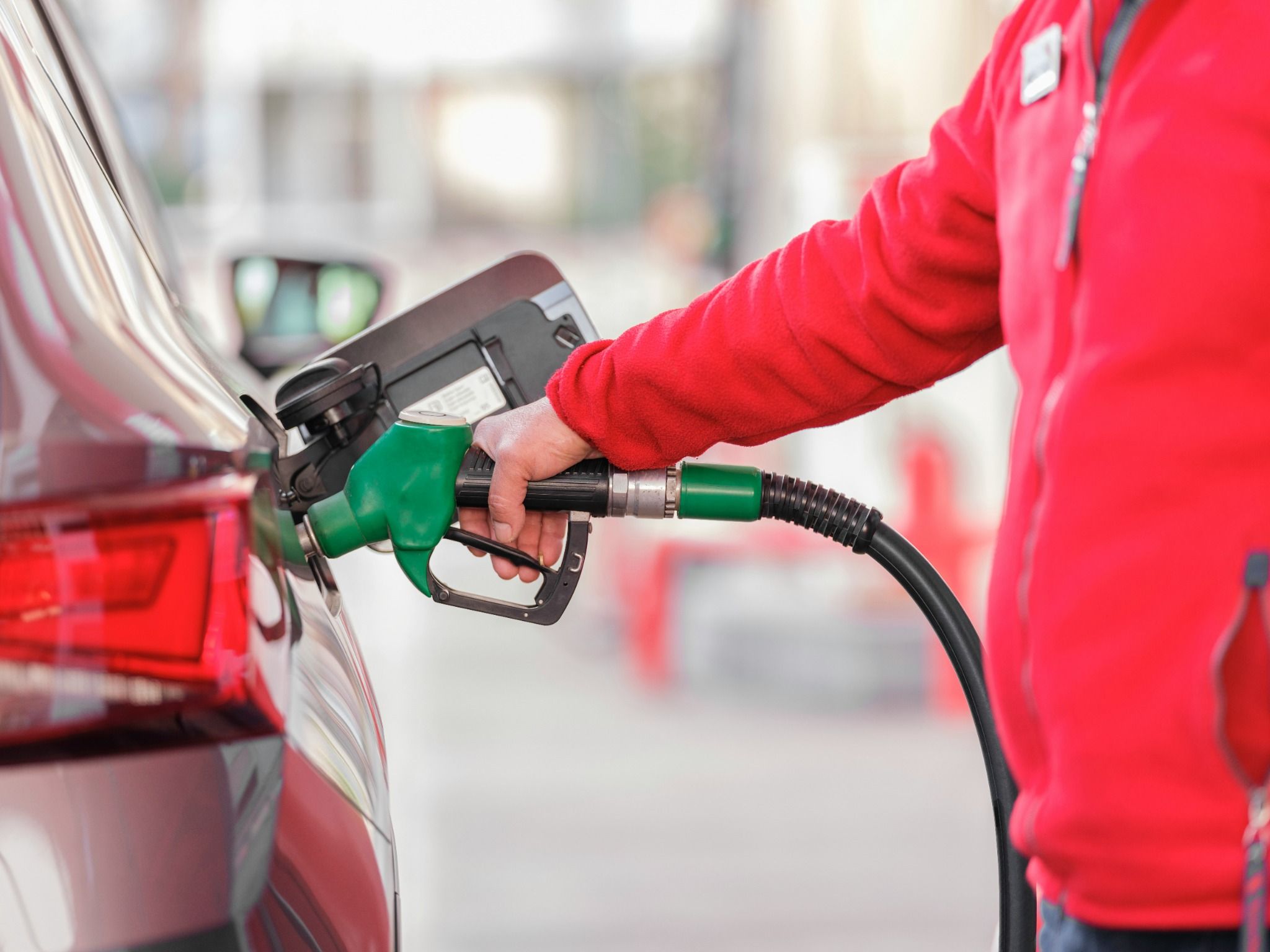
Is Supermarket Fuel the Same Quality as Branded Fuel from Petrol Stations?
By Motor Match • 28/07/2025
If you've ever stood at the fuel pump wondering whether there's really a difference between supermarket fuel and the branded stuff from the likes of Shell, BP or Esso, you're not alone. With fuel prices still playing on everyone’s minds in 2025, it’s natural to want to save a few pence per litre wherever you can. But the question is, does the fuel you choose actually make a difference to your car? Let’s break it down and see whether paying extra for branded fuel is worth it, or if your local supermarket’s petrol is just as good.
What’s the Difference Between Supermarket Fuel and Branded Fuel?
In the UK, all petrol and diesel whether it's from Tesco, Shell or Sainsbury’s, has to meet legal quality standards set by the British government and the European Union (those standards still apply post Brexit). So, from a base level, all fuel is pretty much the same when it leaves the refinery.
However, the key difference lies in additives, the special chemical blends that fuel brands mix in to improve performance, efficiency and engine cleanliness.
- Supermarket fuel tends to have fewer or less advanced additives.
- Branded fuel, like Shell V-Power or BP Ultimate, comes with a premium blend of detergents and performance enhancers, often developed with years of research behind them.
So, while the base fuel is the same, the extras that go into it can vary quite a bit.
Does Fuel Quality Really Matter for Your Car?
This depends on a few things, your driving habits, how old your car is, and what you drive.
For most drivers in everyday cars, supermarket fuel is absolutely fine. It meets the required standards, it’s cheaper, and it’ll get you from A to B without any issues. If you’re topping up your Ford Fiesta or VW Golf on a weekly basis, there’s no harm in using supermarket petrol or diesel.
However, if you drive a high performance or luxury car, or you’ve got a direct-injection petrol engine (which a lot of modern cars do), you might benefit from the extra detergents in premium branded fuel. These can help keep your engine cleaner, reduce carbon build up, and even improve fuel economy over time.
Think of it like this; supermarket fuel is like tap water, safe and fine to drink. Branded fuel is more like bottled spring water, enhanced and filtered, but not essential for everyone.


Does Premium Fuel Make a Difference?
You’ve probably seen “premium unleaded” or “super diesel” at the pump and wondered if it’s worth the extra 10-15p per litre. These fuels have higher octane (for petrol) or cetane (for diesel) ratings, which can help performance in some engines.
- If your car specifically recommends or requires premium fuel (check your owner’s manual), then yes, you should definitely use it.
- For other cars, especially older models or those with smaller engines, the difference might be minimal, and you may not notice any real benefit in performance or economy.
That said, some drivers like to use premium fuel every few fill ups to help clean the engine and keep things running smoothly. It’s a nice to have option, not something you must do.
What About Electric and Hybrid Drivers?
Fuel quality might not be a worry for EV owners, but for hybrid drivers, especially those with plug in hybrids (PHEVs) it’s still relevant. If you don’t use much fuel because you mostly drive on electric, it might be worth putting in higher quality petrol now and then. That way, you keep your engine clean and efficient, even if it’s only kicking in for longer journeys.
So, What’s the Verdict?
In short, supermarket fuel isn’t bad, it meets all the legal standards, and it’s perfectly suitable for the vast majority of cars on UK roads. But if you’re looking to give your engine a bit of extra TLC, or you drive a performance car, branded fuels with enhanced additives could offer some benefits over time.
Fuel Type | Pros | Cons |
Supermarket Fuel | Cheaper, widely available, meets legal standards | Fewer additives, may cause carbon build up over time |
Branded Fuel | More additives for engine protection and performance | Pricier, not always necessary for everyday cars |
Premium Fuel | Higher performance, can help clean engine | Extra cost, limited benefit for standard engines |
Final Thoughts
When it comes to fuel, the best choice really comes down to your car and your priorities. If saving money is key, there’s nothing wrong with supermarket fuel. But if you’re planning to keep your car for the long haul, or just want to give it the best, then branded fuel might be a worthwhile investment now and then.
Looking after your car doesn’t stop at the petrol pump either, keeping up with servicing, tyre checks and oil top ups will go a long way too.
And if you’re thinking about switching to something more efficient, take a look at our range of quality used cars at Motor Match, we’ve got something for every lifestyle, with friendly advice from our family to yours.
You may also like…